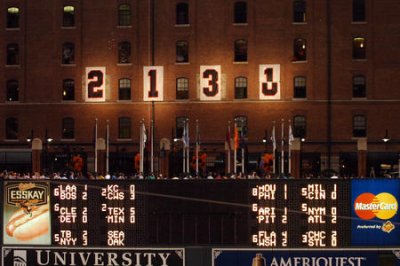Topic: Billy Rose
William Billy Rose (September 6, 1899 – February 10, 1966) was an American impresario, theatrical showman and lyricist. He is credited with many famous songs, notably "Me and My Shadow" (1927), "It Happened in Monterey" (1930) and "It's Only a Paper Moon" (1933). Billy Rose was a major force in entertainment, with shows, such as Jumbo (1935), Billy Rose's Aquacade, and Carmen Jones (1943), his Diamond Horseshoe nightclub, and the Ziegfeld Theatre influencing the careers of many stars. Billy Rose was inducted as a member of the Songwriter's Hall of Fame. After divorcing comedian Fanny Brice, he had married Olympic swimmer Eleanor Holm.
Born William Samuel Rosenberg to a Jewish family in New York City, he attended Public School 44, where he was the 50-yard dash champion. While in high school, Billy studied shorthand under John Robert Gregg, the inventor of the Gregg System for shorthand notation. He became a world champion of using Gregg notation, taking over 200 words per minute, and writing forward or backward with either hand.
Billy Rose began his career as a stenographic clerk to Bernard Baruch of the War Industries Board during World War I, and became head of the clerical staff. Later he became a lyricist. In this role, he is best known as the credited writer or co-writer of the lyrics to "Me and My Shadow", "Great Day" (with Edward Eliscu), "Does the Spearmint Lose Its Flavor on the Bedpost Overnight" (with Marty Bloom), "I Found a Million Dollar Baby" (with Mort Dixon) and "It's Only a Paper Moon" (with E. Y. Harburg).
It uses material from the Wikipedia article "Billy Rose."





